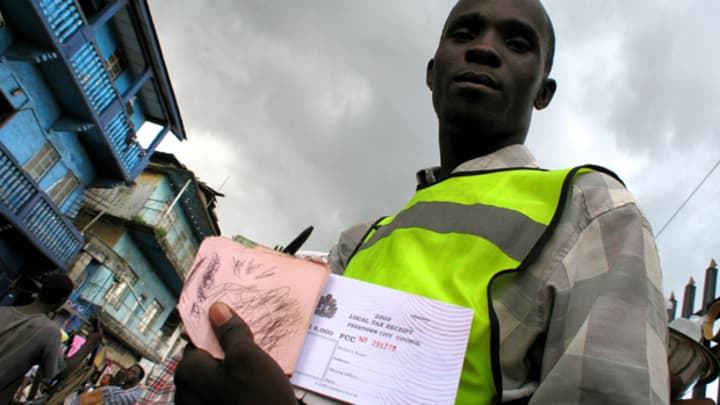The 2021 National Validation workshop on the Fee-Fixing Guidelines (FFG) validation had been held in Accra. The Ministry of Local Government, Decentralization and Rural Development (MLGDRD) in collaboration with GIZ, held a national validation workshop to finalize the draft Fee Fixing Guideline (FFG) for levying rates in assemblies.
The FFG, would streamline fees, permits and charges of Metropolitan, Municipal and District Assemblies (MMDAs), in their respective jurisdictions in fulfillment of Section 150 of the Local Governance Act, Act 936. Pursuant to this provision, the MLGDRD issued Fee-Fixing Guidelines (FFG) in 2017, which became operational for a four-period from 2018 to 2021.
Almost due to expire by the end of 2021, it has become necessary for a new FFG, which would subsequently guide MMDAs to levy rates and fees for the next four years beginning from 2022-2025 hence, the validation workshop.
The draft FFG contains a scientific formula for annual rate of increase of fees in the MMDAs and also has all the revenue sources as stated in the Local Governance Act 2016, (Act 936) and financial memoranda for MMDAs. The key areas within the Fee-Fixing Guidelines which formed the basis for the deliberations included; licenses, permits, fees, fines, rates, rent and investment.
The FFG forms the basis for IGF which the Foundation for Security and Development in Africa (FOSDA) is proposing for its mobilization to be digitized and streamlined under the Minimum Conditions (MC) of the District Performance Assessment Tool (DPAT). Even though substantial progress has been made to automate in some districts, FOSDA is of the view that a streamlined digitization drive under the MC of the DPAT will accelerate its adoption in all districts.
Digitization contributes to blocking the revenue leakages as a result of human interface; increases revenue by exposing performance trends for forecasting in real-time just to mention a few. Essentially, digitization will help districts increase domestic revenue and hopefully the 260 districts will overwrite the negative narrative where they collectively manage less than 2% of national revenue. Increased revenue at the local level can translate to the delivery of more pro poor services to citizens.
Overall FOSDA is also calling for the Inclusion of the Ministry of Communication and Digitalization into the Inter-Ministerial Coordinating Committee on Local Governance to ensure that the former’s policy objective of promoting ICT for development is achieved.
